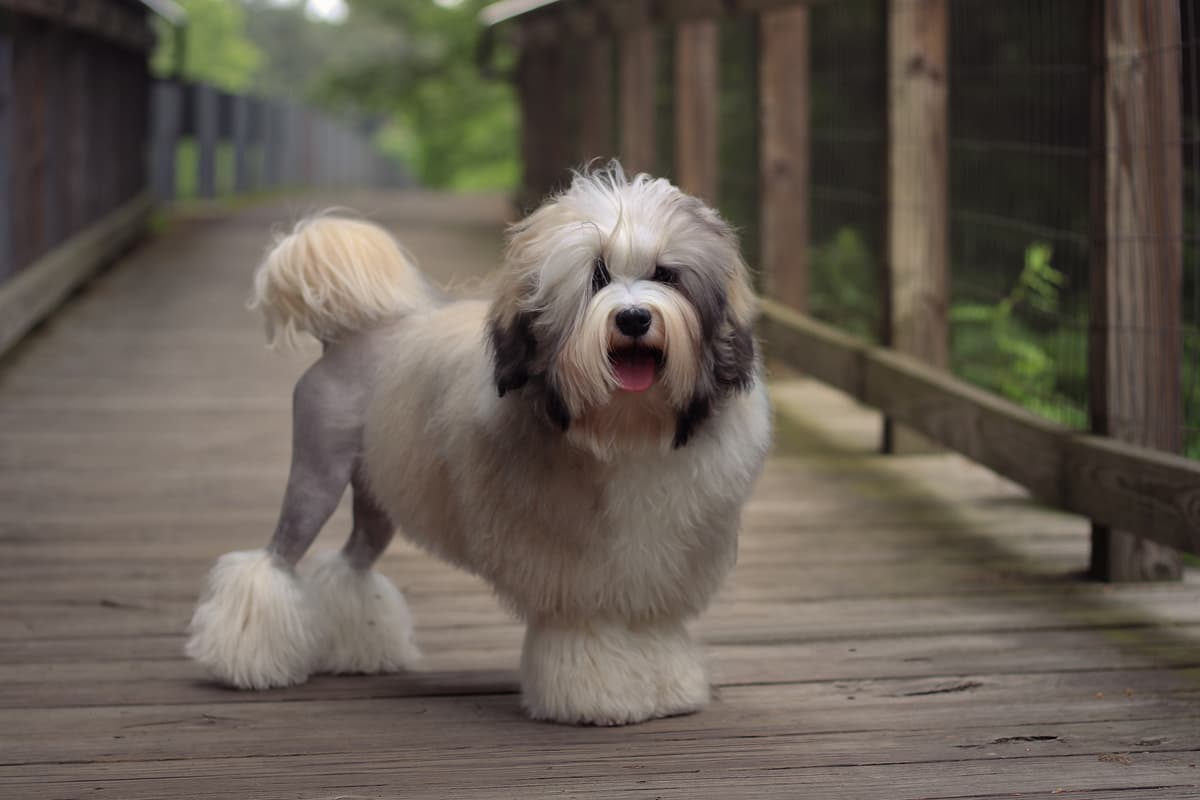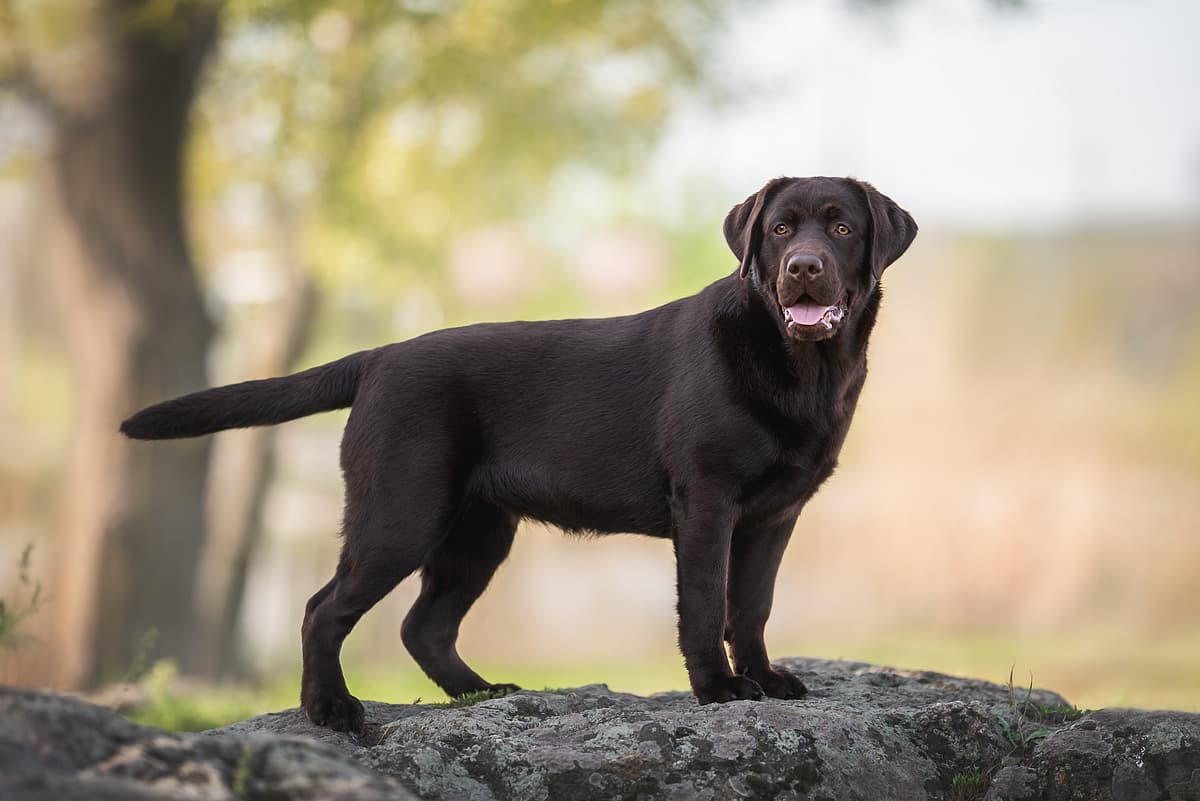Little Lion Dog vs Labrador Retriever
Discover the differences between Little Lion Dog and Labrador Retriever to make the best choice for your situation.
Try different breeds

Little Lion Dog
A charming, affectionate companion with a playful spirit and a striking lion-like appearance. Thrives on human interaction and brings warmth to any home.

Labrador Retriever
Eager, friendly, and intelligent, this breed loves being part of an active family. Their gentle nature and loyalty make them outstanding companions for all ages.
Quick comparison
Small
5–8 kg
Long, wavy
12–14 years
4–7 kg
Moderately active
Large
29–36 kg
Short double coat, water-resistant
10–12 years
25–32 kg
High energy
Personality & behavior
Compare the personality traits and behavioral characteristics of both breeds.
Little Lion Dog
Affectionate and sociable with people and pets
Learns commands and routines fairly quickly
Moderate activity needs, enjoys regular walks
Enjoys toys and interactive activities
Adjusts well to changes in environment
Labrador Retriever
Warm and sociable with people and animals
Quick learner, responds well to training
High stamina, enjoys active pursuits daily
Loves games and interactive activities
Adjusts easily to new situations and environments
Care needs
Exercise, grooming, and daily care requirements
Little Lion Dog
Patellar luxation, cataracts
Labrador Retriever
Hip dysplasia, elbow dysplasia
Suitability
How well each breed fits different living situations and families
Little Lion Dog
Good option
They are generally easy to manage and eager to please beginners
Excellent fit
Their small size and moderate activity level suit apartment spaces
Moderately suitable
They enjoy play but do not require intense exercise daily
Supervised recommended
They are gentle but may be sensitive to rough handling by young children
Generally compatible
They socialize well but early introductions are important for harmony
Not recommended
They can develop separation anxiety if left alone for extended periods
Labrador Retriever
Great choice
Patient and eager to please, Labradors are manageable for most first-time owners.
Not ideal
Labradors need space and exercise, so apartments can limit their activity needs.
Perfect fit
High energy and stamina make them excellent for active individuals or families.
Highly suitable
Gentle temperament and playful nature make them safe and loving with young children.
Very friendly
Generally sociable and get along well with other dogs and pets.
Prone to anxiety
Extended alone time can lead to boredom and destructive behaviors in this breed.
Breed strengths
What each breed excels at and their best qualities
Little Lion Dog
- Affectionate with family members
- Adaptable to apartment living
- Generally friendly toward other pets
- Quick to learn basic commands
- Low shedding coat
Labrador Retriever
- Friendly and sociable with people and dogs
- Highly trainable and eager to please
- Excellent with children and families
- Strong retrieving and swimming abilities
- Generally adaptable to various living situations
Challenges & considerations
Potential challenges and considerations for each breed
Little Lion Dog
- Prone to separation anxiety
- Needs regular professional grooming
- Can be stubborn during training
- Sensitive to extreme temperatures
- May bark excessively if unstimulated
Labrador Retriever
- Prone to obesity without portion control
- Can become destructive if under-exercised
- Heavy seasonal shedding requires regular grooming
- May develop hip or elbow dysplasia
- Needs significant daily physical activity
Ready to choose your perfect breed?
Learn more about each breed or compare other breeds to find the perfect match for your lifestyle.
Discover more helpful tools
Make use of our other free tools to get the most out of your pet experience
